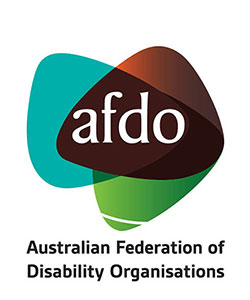The Autistic Self Advocacy Network of Australia and New Zealand (ASAN AUNZ) is run by Australian and New Zealander Autistic people, for Autistic people. They are associated with the Australian Autism Alliance making them a part of an international Autism advocacy...
Selected category: Disability A-Z
Blind Citizens Australia (BCA)
BCA is the united voice of Australians who are blind or vision impaired. BCA provides information, peer support, individual and systemic advocacy, and consultancy services. Whether you are blind, have a vision impairment, a family member or friend of a person who is...
Blindness
Blindness is a loss of vision that can’t be corrected with glasses or contact lenses. Partial blindness or vision impairment means you have very limited vision (30 per cent or less according to the World Health Organisation). Complete blindness means you can’t see anything and do not see light. People who are blind or vision impaired may use assistive technology, such as a white cane or dog guide, to get around safely and independently and do everyday tasks.
Brain injury
Brain injury refers to any injury to the brain. The effects of a brain injury are different for each person but can cause one, or a combination, of physical, cognitive and behavioural disability.
Brain Injury Australia
Brain Injury Australia provides information and a gateway to nationwide referral for optimising the social and economic participation of all Australians living with brain injury. It was formed at the first national community-based conference on Acquired Brain Injury...
Captioning
Captioning is when audio content of a television show, webcast, film, video, live event, or other production, is converted into text that is displayed on a screen or monitor. Captions can be ‘open’ or ‘closed’. Open captions are always visible and can’t be turned off. Closed captions can be turned on and off by the viewer.





